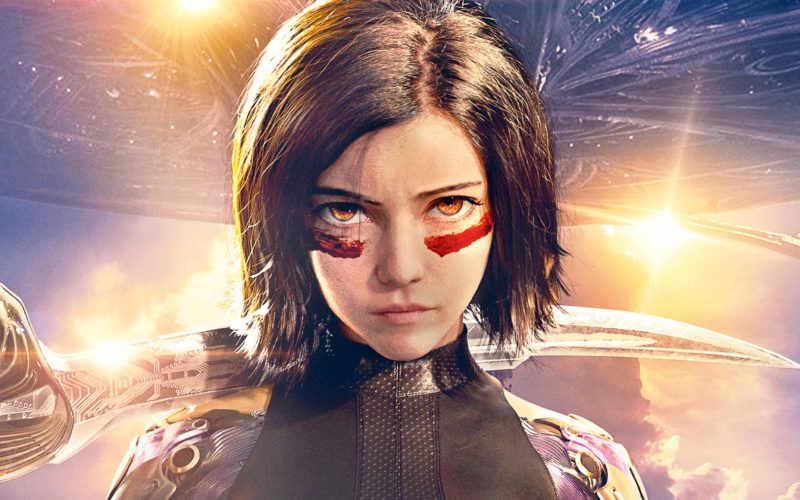REVIEW — Alita: Battle Angel (2019)
Watch as an angel falls and a warrior rises. From writer/director/producer Robert Rodriguez; additional writers James Cameron and Laeta Kalogridis; and production companies Twentieth Century Fox, Troublemaker Studios, and Lightstorm Entertainment, comes “Alita: Battle Angel” (2019), an American adaptation of the manga of the same name from Japanese writer, Yukito Kishiro.
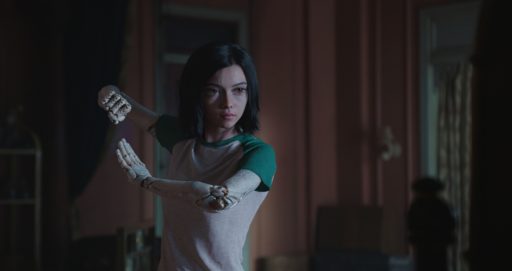
Set in the 26th century, a damaged cyborg named Alita (Rosa Salazar) is found in the massive scrapyard of Iron City by Dr. Dyson Ido (Christoph Waltz), a cybernetics-doctor, who takes the cyborg to his clinic only to discover she has no memory of her past. As Alita begins to unravel the mystery of her origins, she must also try to navigate and survive the dangerous streets of Iron City. As Alita starts to step out in public, she gets noticed by Vector (Mahershala Ali), an entrepreneur with a dark side, who sees the danger she poses and sends mercenaries to do one thing: kill Alita.
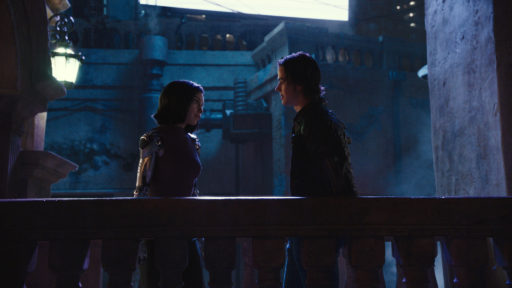
Thanks to special effects genius James Cameron and his production company, Lightstorm Entertainment, Robert Rodriguez’s “Alita: Battle Angel” (2019) looks astonishing, with imagery that seems real. The breathtaking special effects greatly enhance the surreal and excellent action sequences. Not for one minute does any visual seem fake or fictitious. This includes the nearly entirely digitally created Alita, played by Rosa Salazar. Her character looks magnificent and Salazar’s performance is, put simply, perfect. For the most part, the entire cast delivers great performances, especially 2-time Academy Award-winner Christoph Waltz.
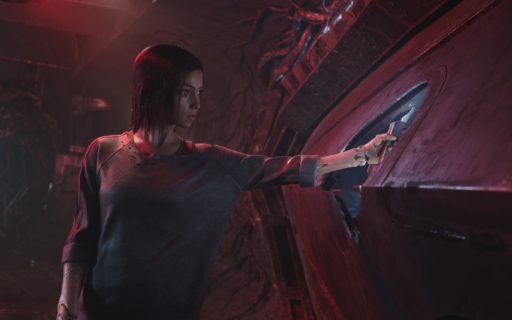
Even though each actor is excellent in their role, many of the stars feel wasted. Academy Award-winners Mahershala Ali and Jennifer Connelly are never given an opportunity to show their talents because their characters aren’t onscreen enough. However, one person that does get a lot of screen time is Keean Johnson, who unfortunately gives the weakest performance in the entire film. His character, Hugo, is not only boring but is very easily dislikable. He does some awful things in the film that are not balanced with other redeeming qualities. Johnson’s performance is greatly flawed, though that may be due in part to his having to compete with multiple Oscar-winners. The film also suffers from weak writing. The dialogue feels fake and there are forced romances between characters who have no chemistry. Also, not for one minute does the audience feel like the antagonists are remotely terrifying. Mahershala Ali is not very menacing, nor are his cyborg-mercenaries. There is a famous saying, “a hero is only as good as his/her villain,” and as a result of having bland and unoriginal evil-doers, the film endures a harsh punishment of being predictable and, at times, boring. Above all else, this film’s greatest issue is the ending. Without spoiling, “Alita: Battle Angel” (2019) sets up a sequel that would probably be more captivating and enjoyable than the film we got. This film tries to make Mahershala Ali’s character, Vector, the primary antagonist, but it is clearly stated that there is a greater evil who is left to be defeated in a possible sequel film. “Alita: Battle Angel” (2019) would be miles better if the film would just tell the whole story rather than a mere fraction.
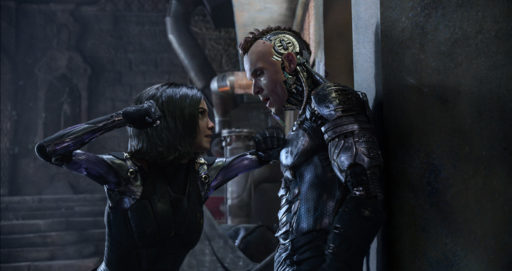
Since it’s release on February 14 (Valentine’s Day), “Alita: Battle Angel” (2019) has been subject to mixed reviews. Both Rotten Tomatoes and Empire rated the film 60%; Metacritic, 54%; and IMDb, 76%. Unlike the film’s reviews, which are not good nor bad, the box office has been solely negative. In its opening weekend, “Alita: Battle Angel” (2019) was at the top of the box office but only managed to bring in an estimated $27.9 million (as of February 19, 2019) at the domestic market. The film is said to have an estimated $170 million budget, but that is not including marketing. With the marketing budget is included, “Alita: Battle Angel” (2019) will need to rely primarily on foreign audiences in order to make over $500 million, which would allow the film to break even.
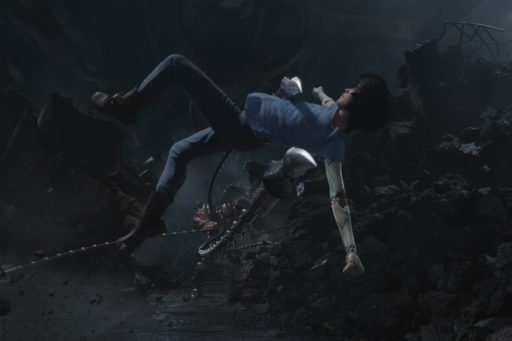
All in all, the simplest way to describe the problems with “Alita: Battle Angel” (2019) is that Robert Rodriguez and the writers unfortunately made a film that was more about style than substance. The film’s narrative faults cannot be out-shined by the undoubtedly superb visuals. My rating for the film comes down to 55%. “Alita: Battle Angel” (2019) is an excellent adaptation of the Japanese manga of the same name and will definitely satisfy fans of the comic series, though, on its own, it is an average to sub-par film, especially when compared to some of director Robert Rodriguez’s past films such as “Sin City” (2005).

